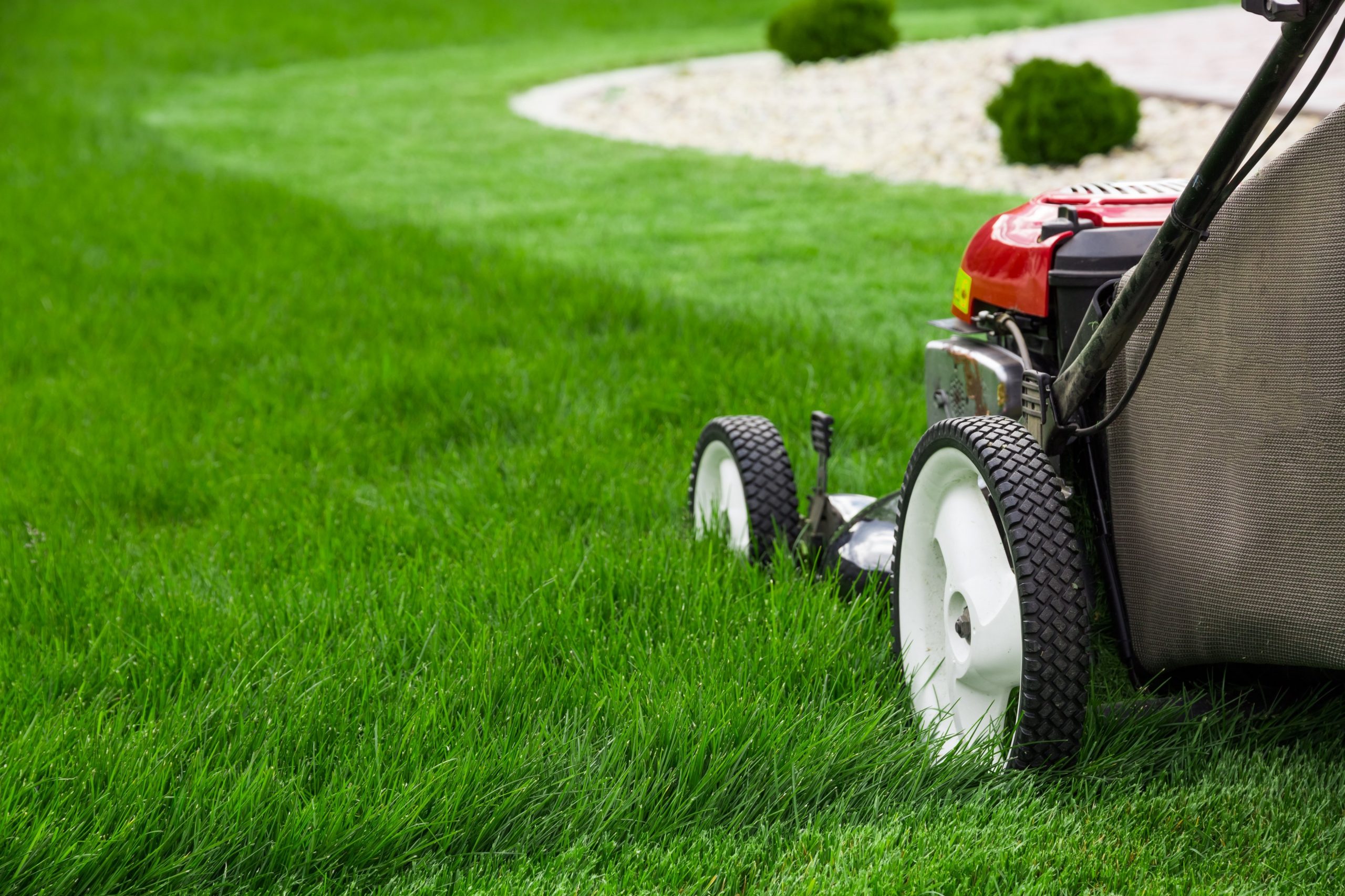When the summer heat begins to fade, you might think you’re safe from pests, but certain pests actually thrive during this time. The pests of late summer have an easy time finding what they need, whether it’s a blood meal, a food supply, or a place to build their nest, with plenty of warmth and plenty of people participating in outdoor activities. You must take preventative measures against pests to ensure that they do not steal the last of your summer. Continue reading to find out what pests to look out for and what you can do about them.
Common Pests in Late Summer
Every season has its own set of pest issues. The pests that bother us in the late summer are usually the ones who stand to benefit the most from the warm weather. These are their names:
Bees and wasps: Bees and wasps remain active into the late summer, pollinating plants and taking advantage of food left outside during barbecues and other gatherings.
Ticks: Ticks breed in the early summer, producing a crop of offspring that will climb to the tops of tall grass a month later in search of hosts.
During the summer, they thrive in overgrowth.
Wildlife: Wild animals that normally hibernate during the cold winter months spend their summers outside, and far too often in our industry.
Wild animals such as raccoons, opossums, and squirrels that wander into your yard can rip through your trash or destroy your garden.
Mosquitoes: If mosquitoes establish a successful breeding population, their numbers will be so high by late summer that control will be nearly impossible. Mosquitoes remain active as long as temperatures do not consistently fall below 50°F.
Pest-Proof Your Property for Late Summer
Drastic infestations of any of these pests necessitate the services of a professional exterminator, but there are some general housekeeping strategies you can try to prevent pest problems on your property from occurring in the first place. Researchers suggest the following:
Keep your yard tidy: Check that all of your trees and shrubs are trimmed back, that piles of grass clippings or other vegetation are promptly disposed of, and that no items are left out that could lead to a small, temporary pest shelter.
Seal your home: Check the outside of your home on a regular basis to ensure that there are no cracks or gaps in the roofing, foundation, or siding.
Be careful with trash: Using sealable bins and taking your garbage to the outside bins on a regular basis will help to prevent wildlife infestations.
Get rid of standing water: Mosquitoes breed in pools of standing water of any size. Mosquitoes can be kept at bay by covering pools, spas, and birdbaths and checking for rainwater pools on a regular basis.
Help with Summer Pests
If you’ve tried everything to prevent pest infestations to no avail, it’s time to call in the professionals at your local pest control company. Official Pest Prevention‘s team is completely licensed, certified, and thoroughly trained on all types of pests. We can identify the source of your infestation, stop it, and teach you how to identify and correct vulnerabilities on your own in the future. Contact us today for a free quote!



